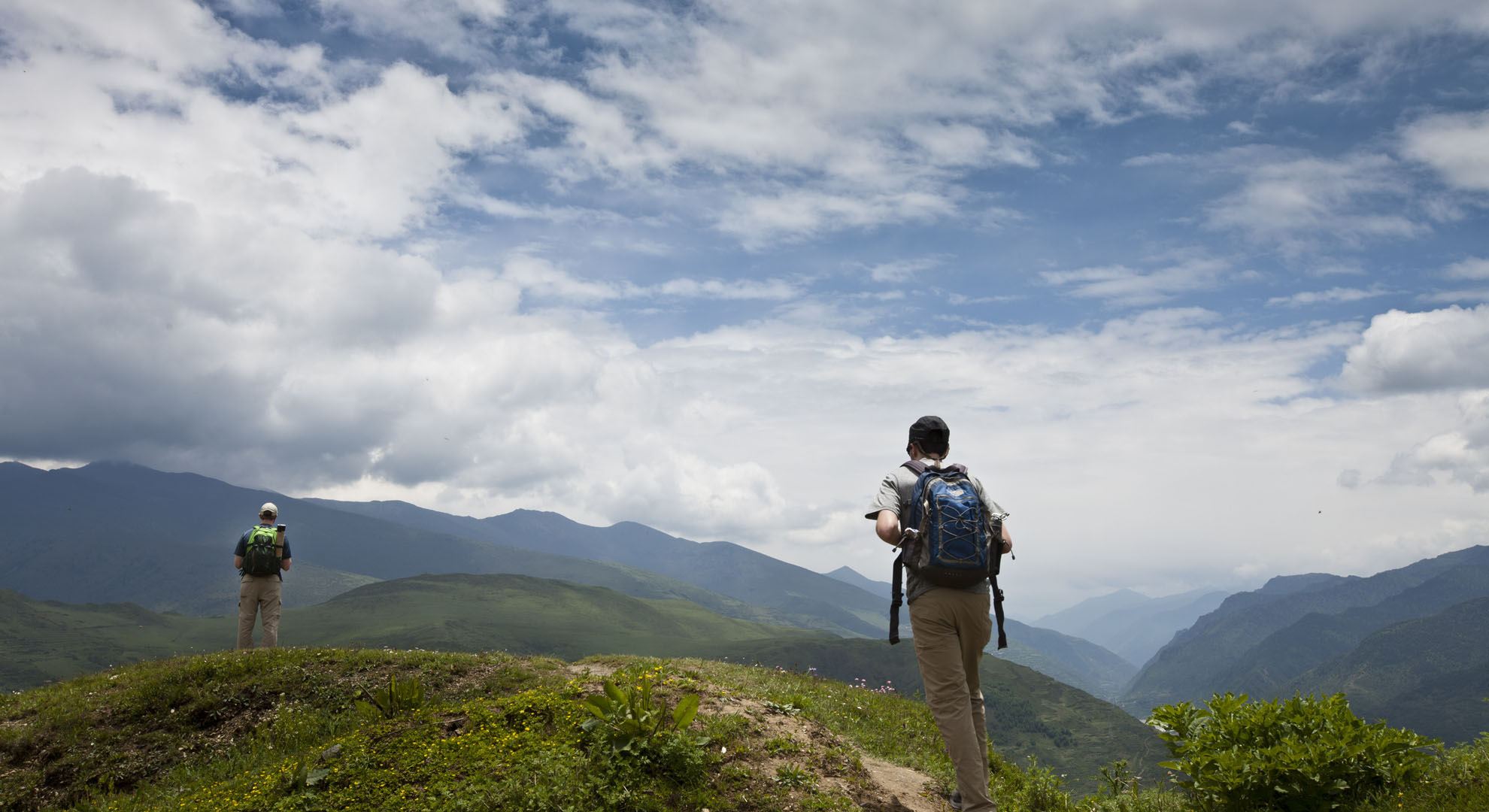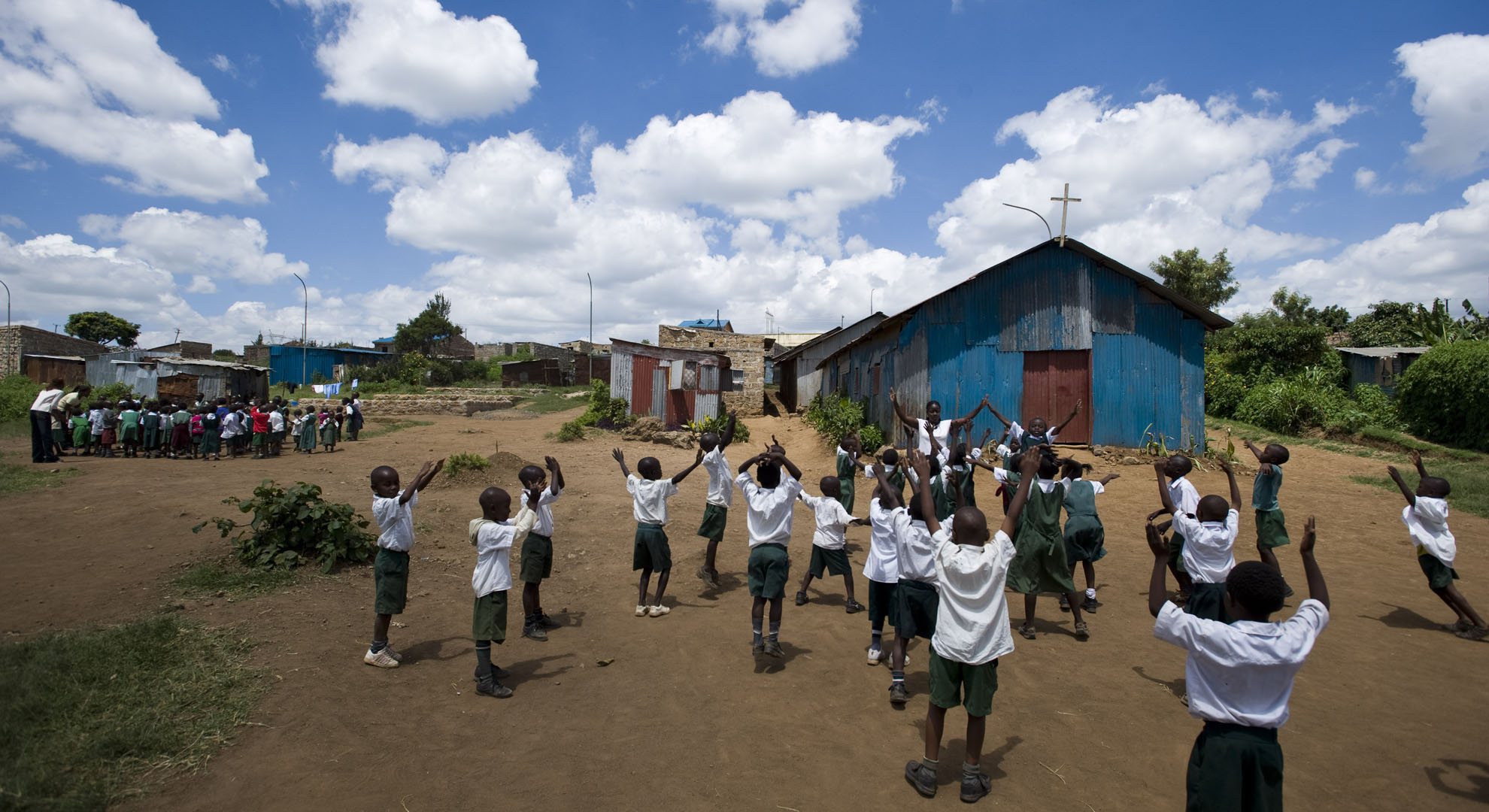
In 2009, alpinists Fabrizio Zangrilli, Gerlinde Kaltenbrunner, and Simone Leorin stood at the base camp of K2, the world’s second tallest mountain, and literally watched a friend fall to his death. They helped load the deceased man onto an emergency helicopter while they consoled his climbing partner.
That climbing partner, it is important to note, would return to K2 the following year and himself tumble to a brutal death. Perhaps most baffling, however, is that the alpinist trio not only still attempted to summit but they returned to the foreboding mountain multiple times in the next few years to try again and again.
“The will to try something big, something dangerous, something extraordinary, it’s part of who we are.”
Why?
Why do mortals attempt such immortal feats? Why would anyone have the audacity to take on a task that is obviously impossible and inevitably fatal?
Woven into every node of the human soul is the desire to be a part of something bigger. It comes so naturally that we struggle to recognize it behind the more obvious organs of life. Yes, a climber climbs because he loves to climb. But as Zangrilli says with insight and profundity, “The will to try something big, something dangerous, something extraordinary, it’s part of who we are.”
The Source
Thanks to the Bible, we know the cosmic source of such longings. Genesis 1:27 tells us we were created “in the image of God.” Every person who has ever existed, therefore, is undeniably bound up with something big, dangerous, and extraordinary: God himself.
It makes sense when we read that God gave a great mandate to his image-bearers: “Be fruitful and increase in number; fill the earth and subdue it” (Gen. 1:28 HCSB). It was a task so monstrous that it’s almost absurd: one primitive couple in a random Mesopotamian garden told to cover and rule five quadrillion square feet of wild earth.
The task was so big, in fact, it would have to be spelled out over time. With the arrival of sin, people would need to be reminded of the task’s purpose to “love the Lord your God with all your heart and with all your soul and with all your mind” and to “love your neighbor as yourself” (Matt. 22:37–40 HCSB). This we know as the Great Commandment.
With the arrival of Jesus, however, people would finally see exactly how the task and its purpose could be accomplished. With his death and resurrection, Jesus made it possible for us to join in. Thus, he issued the Great Commission: the responsibility to make disciples of all peoples, based on his ultimate authority (Matt. 28:18–20). What would it look like for the world to be filled and subdued, to love God with all your heart and your neighbor as yourself?
It looks like going in Jesus’s authority to make disciples of all nations.
The Greatest “Bigger”
In light of these truths, the greatest “bigger something,” that which we all long for, is found in Christ and his big, dangerous, extraordinary mission. For many Christians, this is the summit that draws them to international missions. Like mountaineer’s craving for adrenal adventure, they are ready to go and conquer. They step foot among another culture just as Simone Leorin steps onto K2 with the retort, “We come here because this is where we feel most truly alive.”
“Our desperation to join in something big is inescapably tied to our experience of being really, really small.”
And yet in God’s upside-down kingdom, it’s not always the majestic missions ideals that leave us with the deepest sense of fulfillment. Our desperation to join in something big is inescapably tied to our experience of being really, really small.
When I arrived in Africa as an IMB Journeyman, despite years of anticipation, I almost turned around and headed straight back home. Joining a small team that was responsible for reaching eight million of some of the most isolated, historically unresponsive people in the world was a compelling idea in my college dorm room. But driving along mountain ranges and seeing the glittering tin roofs peppered across incomprehensible landscapes, that was too much. The pulsing guitar riffs of Passion conferences had no more power to convince me I could go and change the world.
I was way too small.

I Quit
Afterward, I remember muttering, half to myself and half to God, “If this depends on me, then I quit.” I couldn’t make it to all those huts. I couldn’t even speak the language. It was pure desperation. Like Bill Bryson’s description of being in a vast forest, I felt “small and confused and vulnerable, like a small child in a crowd of strange legs.”
Thankfully, at the same time, I had been studying the Bible more deeply than ever before. Far from the influence of professors and books, I poured over the Scriptures for a lifeline. In hindsight, this asphyxiation was more than missiological; it was experiential. I had put my life on a cliff’s edge and suddenly realized just how incapable I was for the task. I needed a God bigger than the mountain.
Wherever you land in the Scriptures, it’s hard to miss that people are small and God is big. Yet, it was not until I ventured out on mission that I began to own my tiny stature. Serving cross-culturally helped me realize that though God invites me to be part of his monstrous task, it doesn’t so sorely depend on me. In light of being a little one with a great big Father (1 John 2:14), I was invited afresh to “draw near to God with a sincere heart and full assurance of faith” (Heb. 10:22 NIV). That, my friend, was a greater high than any summiteer has ever known.
To be sure, the Christian who avails him or herself to God’s mission will find something bigger. Whether along an escarpment or in a hut, a classroom, or a cubicle, the wonder of making disciples of all nations promises to soothe some of the deepest longings of the human soul. Not because you’ll find your niche. Here, you’ll find your God.

